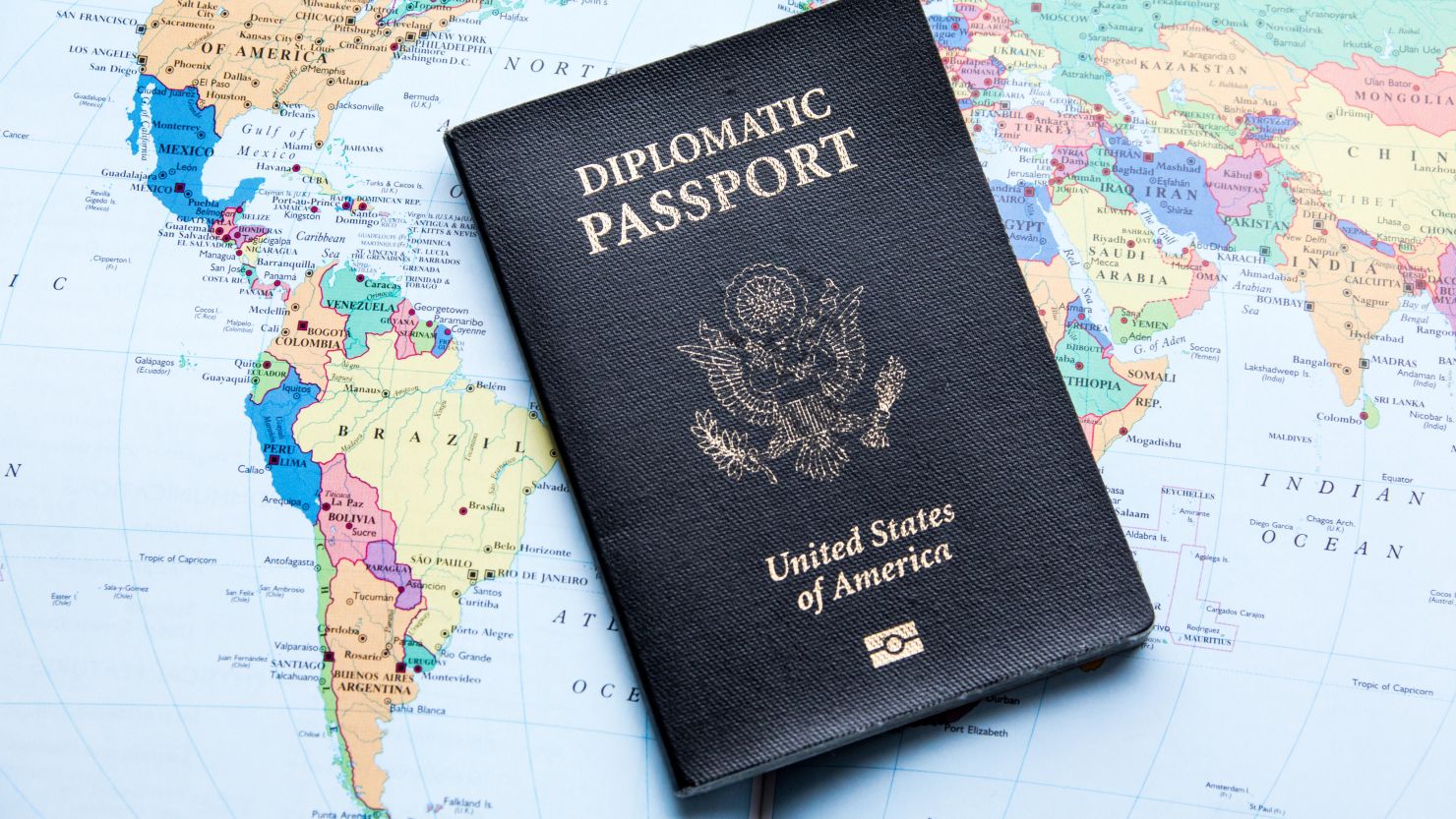Editor’s Note: Sign up for Unlocking the World, CNN Travel’s weekly newsletter. Get news about destinations opening and closing, inspiration for future adventures, plus the latest in aviation, food and drink, where to stay and other travel developments.
Chances are you only have one passport – maybe two if you have dual nationality.
But find yourself in a particular job – diplomatic, investigative or even presidential – and you may get your mitts on documentation that’s altogether inaccessible to the hoi polloi.
Here are some of the nonstandard passports and passes out there.
Diplomatic passport
What is it? Diplomatic passports are issued to government diplomats and consuls stationed abroad.
So, for instance, the United States chargé d’affaires in France, Brian Aggeler, will hold a diplomatic passport, as will the French Ambassador to the United States, Philippe étienne.
What are the benefits? The requirement for a visa is often waived to ensure smooth passage. British diplomatic passport holders, for example, get visa-free entry to China.
Diplomats also often enjoy diplomatic immunity (note: this doesn’t give carte blanche to commit any crime you like while abroad). Family members of diplomats can sometimes acquire a diplomatic passport, too.
What else? In the UK, there’s a very special type of diplomatic passport, marked with the stamp of the Queen’s Messenger Service (QMS).
This is an elite group of couriers, who’ve been delivering classified diplomatic material for some 800 years.
Meanwhile, there was controversy surrounding Canadian diplomatic passports in 2017 when it was revealed that the country was possibly dishing out too many of them.
Presidential and prime ministerial passports
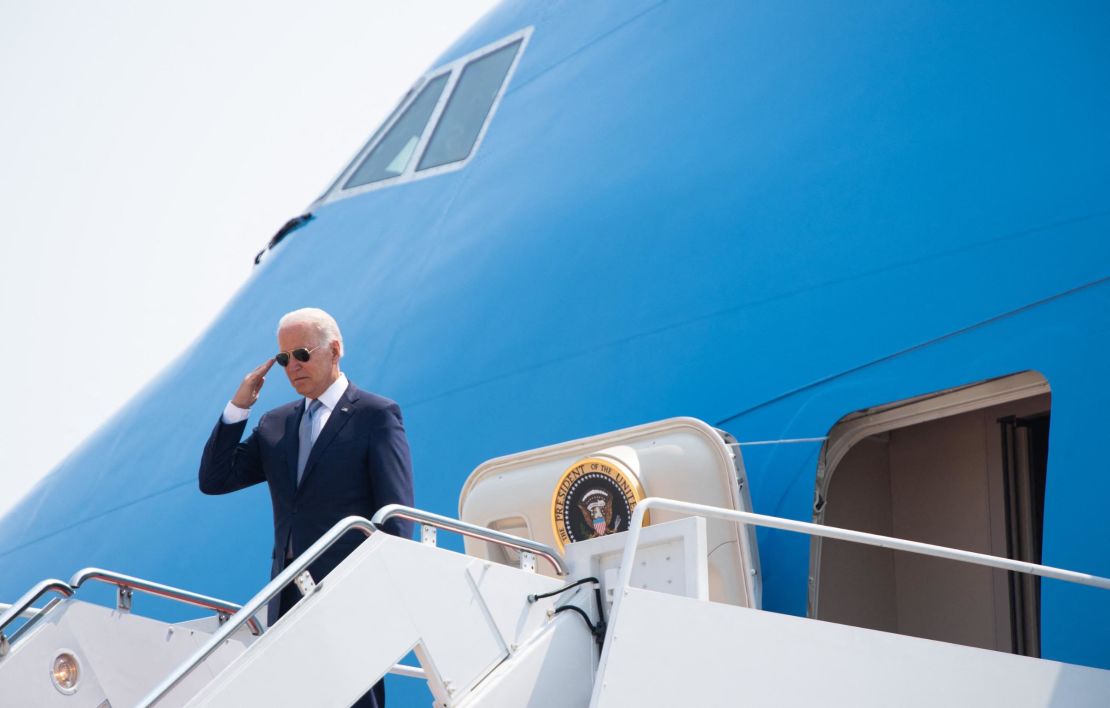
What is it? To possess the loftiest form of passport, you’ll need to work your way up to president or prime minister. These are a unique variant of diplomatic passport; the US president even has their profession emblazoned across it.
What are the benefits? Again, it’s tricky to be precise.
When we asked the UK Home Office what Boris Johnson’s passport perks might entail, it told us: “We don’t comment on individual cases.”
However, the VIP bearer probably doesn’t have to carry their passport with them; neither do they need to queue at customs – other officials will take care of that. Another added advantage: presidents and prime ministers don’t pay for their own passports.
Anything else? In 2015, an unmitigated snafu saw an Australian immigration official accidentally email the personal details – including passport numbers – of Obama, Merkel, Putin et al to the organizers of the Asian Cup football tournament.
At least the guilty party had their own identity protected; a press release from Australia’s Immigration Department read: “[Redacted] failed to check that the autofill function in Microsoft Outlook had entered the correct person’s details into the email ‘To’ field.” Oops.
Official/special passport
What is it? Official passports (as they’re called in the US and the UK) or special passports (as they’re known in Canada) are issued to senators, lawmakers, military officials and various other employees of the government who aren’t strictly diplomats, but need to travel to a post abroad, or on an official mission.
What are the benefits? On paper, these passports don’t offer any particular special benefits. As the government of Canada explains: “The official passport is not designed to give any advantages to the bearer.”
But while the official offices we spoke to remained tight-lipped about benefits, it does seem that certain official passports do afford you some star treatment; if you’re in possession of one from the US, for example, you’re exempt from paying visa fees.
Anything else? Just as they can be issued, so official passports can be revoked. In August 2021, 14 official passports belonging to Turkish Cypriot officials were reportedly snatched back from them following a spat over the reopening of the former tourist hotspot, Varosha.
Interpol Travel Document
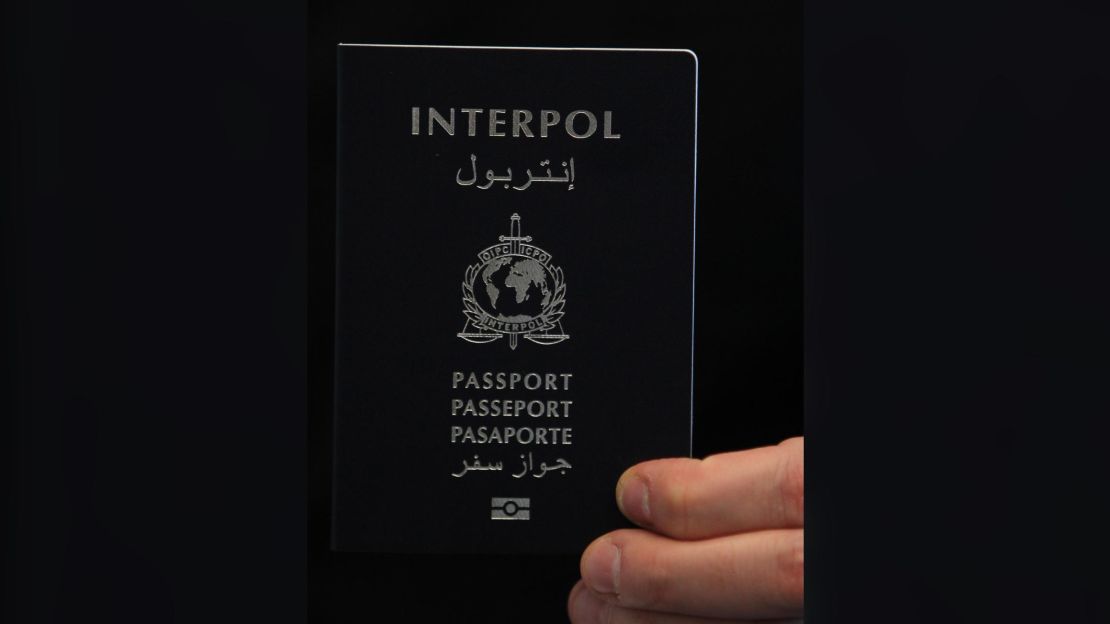
What is it? Exclusively issued to Interpol employees, Interpol Travel Documents come in two formats: an e-Passport Booklet and an e-ID Card (e-Identification Card).
Both are fitted with high-tech integrated circuits containing personal information such as fingerprints, and a photo identical to that printed on the document itself.
What are the benefits? The travel documents came into being after the 79th Interpol General Assembly in 2010. Chasing criminals across the world isn’t an easy gig, and the Interpol Travel Document was designed to slash bureaucratic red tape by waiving various visa requirements and speeding up the pursuer’s plight.
Anything else? Although we know Interpol has around 1,000 employees, it’s not clear how many have an Interpol Travel Document to hand.
Articles in recent years have dispelled myths about Interpol agents gallivanting around the globe, smashing down doors and arresting baddies. Much of the work is admin based. As for that infamous Red Notice: it’s not actually an arrest warrant.
United Nations Laissez-Passer (UNLP)
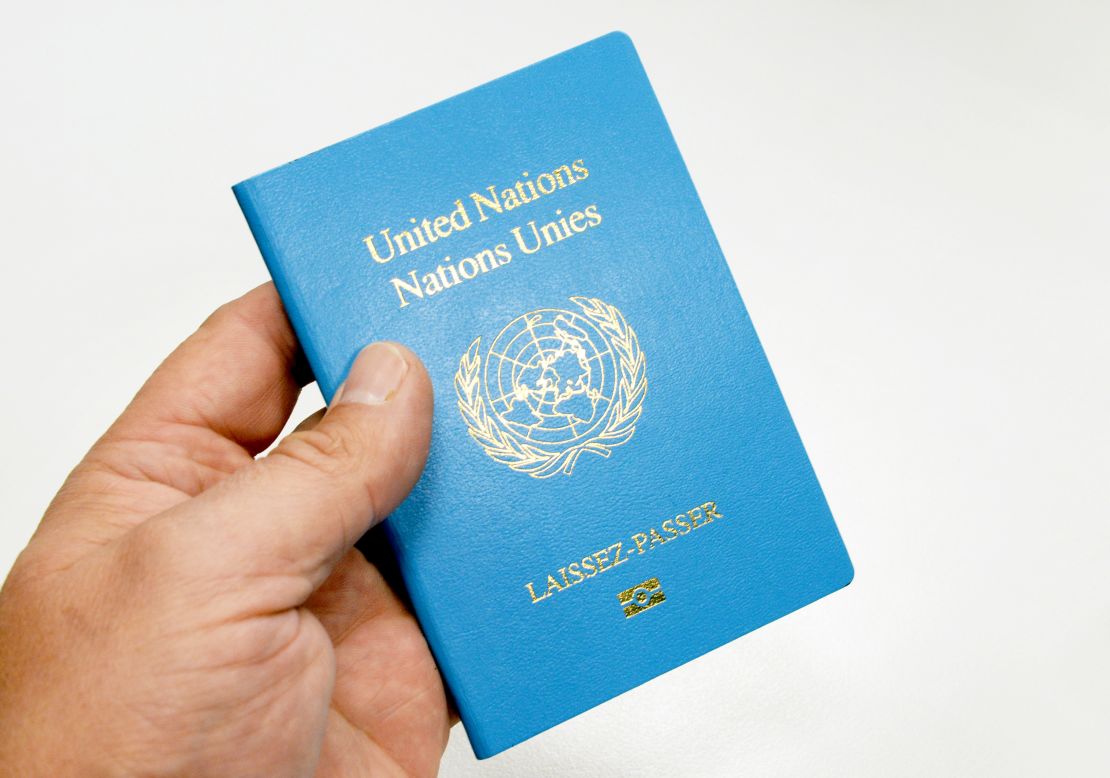
What is it? Members of the United Nations (UN), International Labour Organization, World Health Organization and various other organizations can get their hands on this document, which was first launched in 1946, and went electronic in 2012.
There are two types of UNLP: the blue laissez-passer, and the red one (for higher ranking members).
What are the benefits? The UN states that holders of the red UNLP may well be “accorded diplomatic privileges and immunities and diplomatic facilities when traveling on the business of the United Nations.”
In some countries, that includes a visa waiver. Unlike many of the other passports on this list, the UNLP doesn’t officially replace a national passport, but complements it. Instructs the UN: “Both documents should always be… carried together when on official travel.”
Anything else? The phrase “laissez-passer” translates along the lines of “let pass.” The term may have been in use soon after the Safe Conducts Act 1414, in which Henry V made it a high treason for an international counterpart to break a promise of allowing someone to travel freely through their country.
Documents called laissez-passers were also used during World War I to ensure the safe passage of refugees from war-torn areas.
When you’re not required to carry a passport at all
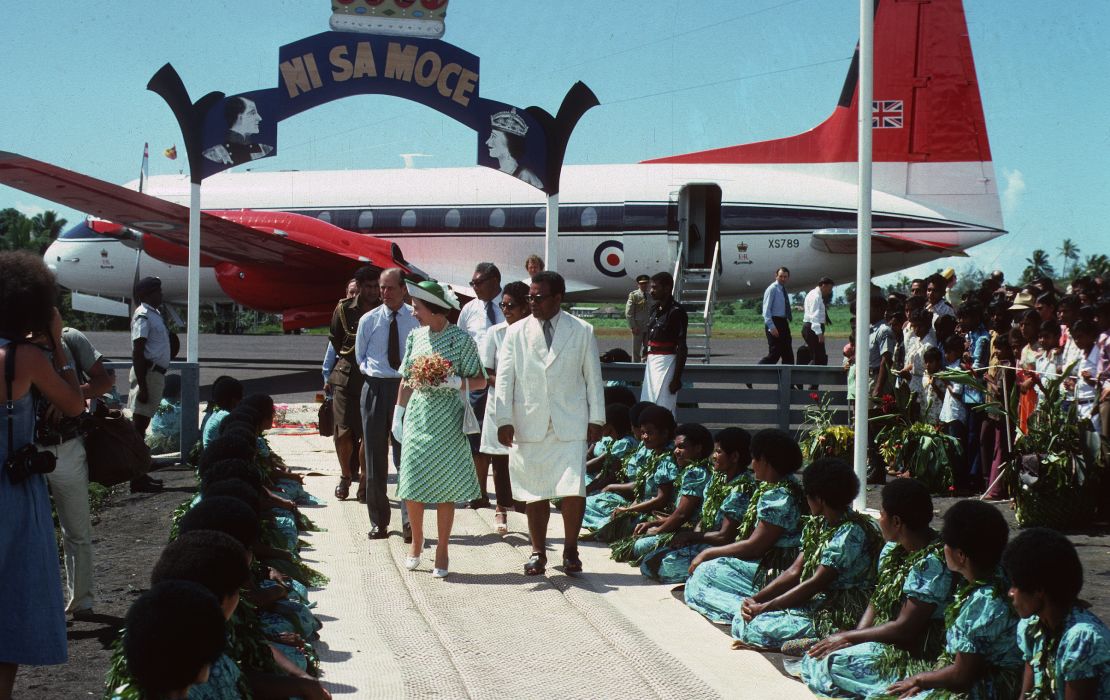
Although most members of royal families still require a passport for traveling, reigning monarchs can be exempt.
We know for sure that Queen Elizabeth II doesn’t have a passport, because, as the UK royal family’s official website states: “As a British passport is issued in the name of Her Majesty, it is unnecessary for The Queen to possess one.”
What about the Pope?
As sovereign of Vatican City, the Pope has a special Holy See passport.
But in 2014, shortly after being elected, Pope Francis took the unusual step of renewing his identification card and passport, continuing to identify as an average Argentine, to be afforded no special privileges.
